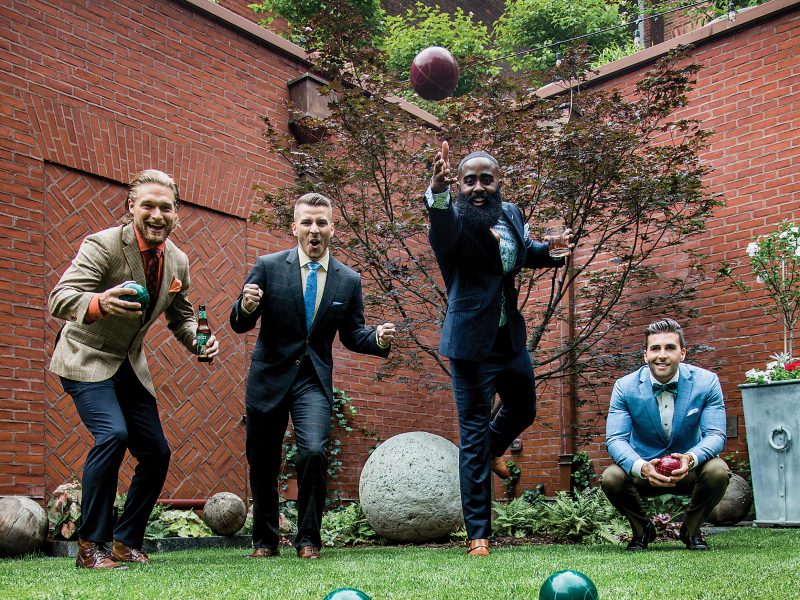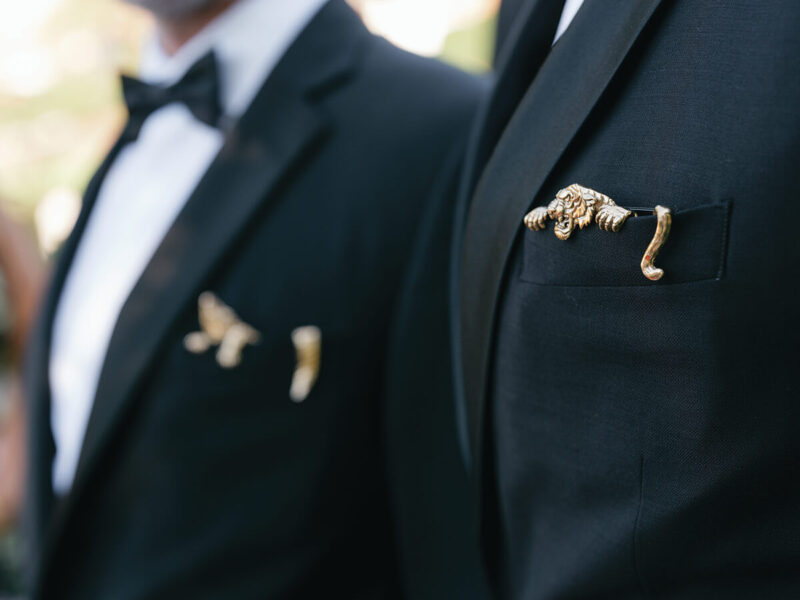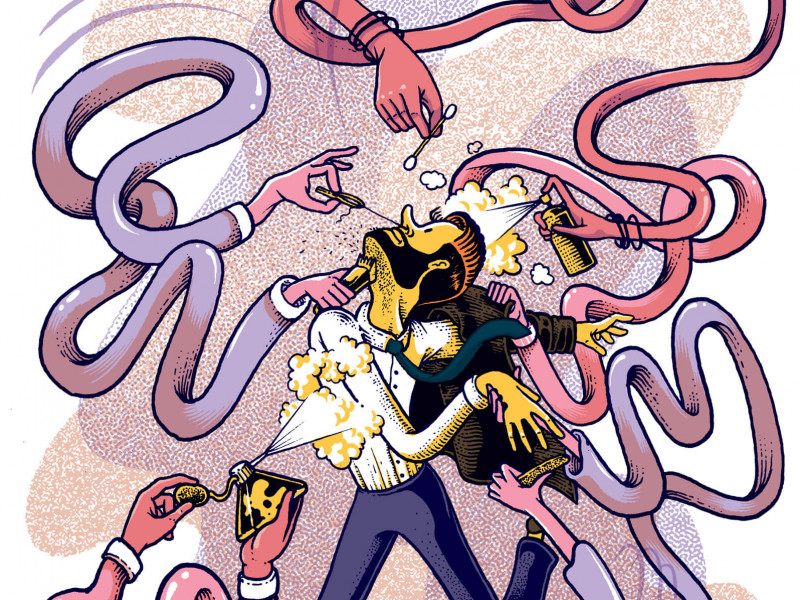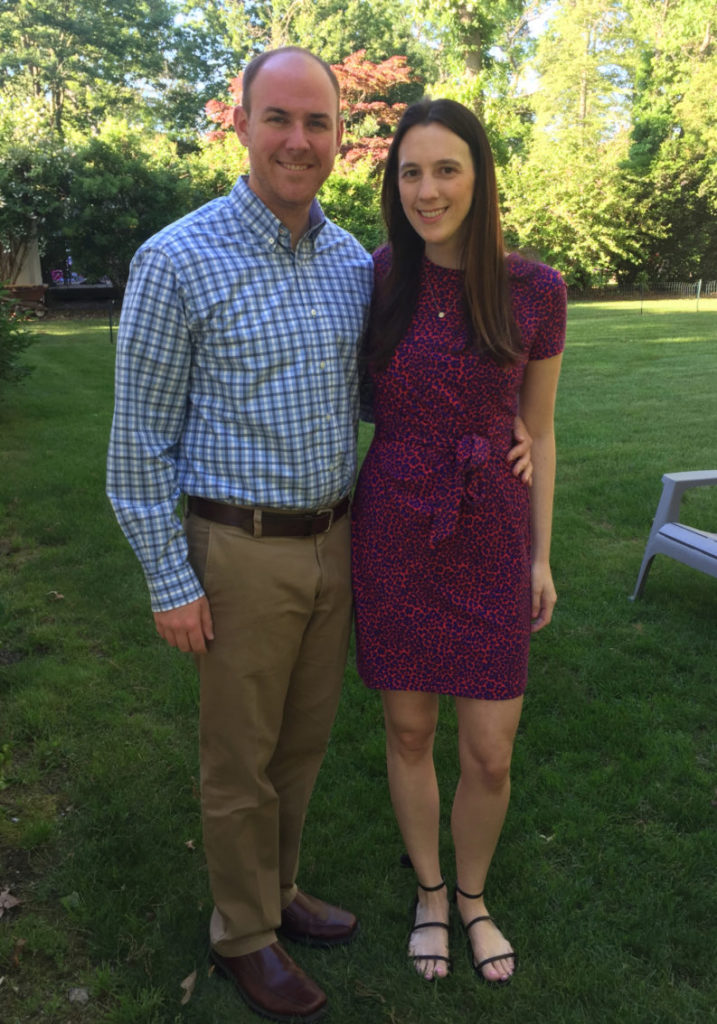
I probably should be doing something else during Jamie’s bachelorette weekend, right? Since I already had my bachelor party, maybe I should’ve organized some sort of Man Weekend, to relive the olden days of trips around the corner-bar circuit.
The truth is, though, the only hanging out I’m doing these two-plus days is with our dog, Manny, who needs walking, feeding—and judging from how he’s stared at the door—companionship, because he misses his mother. But I can also tell he’s pretty thrilled that his (partial) namesake belted a walk-off grand slam on Friday night.
No, I’ve spent #jamieslastwhoreybeforemarryingcorey catching up on things, including writing. And what I’ve been meaning to put in a Word document is part of our story that’s hopefully relatable and insightful: our interfaith relationship, and how it’ll all work at our wedding.
In brief, Jamie’s Jewish and I’m not, though I’m getting there.
My Irish and Italian family raised me Catholic, but growing up on Long Island I didn’t attend church much past early teenage-hood. So that’s a good spot with which to start an interfaith relationship; maybe one person isn’t so set in their ways.
But to be soon having a Jewish wedding, under what I now know is a chuppah, and to ask my groomsmen to wear a kippah during the ceremony? During the reception, I’m going to be lifted in a chair during the hora?! It’s not something I thought I would do.
But I’m proud that this will be us.
There’s a few reasons why. Jamie and I talked about religion very early in our relationship. We wouldn’t be together if we didn’t agree.
She wanted a Jewish wedding and, more importantly, to raise a Jewish family. She couldn’t have been more clear. I might’ve taken a day or two to think on it, but from what I was already experiencing—her mom and dad welcomed me into family functions like Friday night Shabbat dinner—it just felt right. And any reservations I had could be eschewed because how I felt about the person I was already talking to about our future.
Judaism is matrilineal; it’s passed down through the female side of the family. And Jamie told me examples of non-Jewish men and women who had “married in” to the family. It’d been done, but, as I’d learn, there are differences in approach among the kinds Judaism: Reform, Conservative, Orthodox, Reconstructionist, etc., and groups within those groups.
In Year Three of our relationship, Jamie suggested we take an Intro to Judaism class, where I learned some of this. I had no idea what to expect, but quickly found that the teachings and readings delivered by the Baltimore Board of Rabbis simply taught great fundamental values like respect, truth and kindness that any well-meaning person should want to encourage their child to believe in.
(The classes were also a refresher for my future bride, who, as I look at some old notes from the class to add detail to this, I see scribbled on a handout about the Torah, “I have no idea what she’s saying,” about the teacher that night.)
We went one night a week for about four months. Toward the end of the series, the class leaders pitched us conversion packets. I don’t plan on converting, though you never know. But I do think about what our kid(s) may go through, and unfortunately was reminded of again recently, with the neo-Nazi rally in Charlottesville, Va., and our president’s pitiful and wholly uninspiring response.
I got another taste of what to expect as I sat next to Jamie’s father at synagogue during one of the high holy services. I couldn’t believe it. The rabbi talked about a big topic in Jewish community: interfaith marriage. As I fasted and my stomach growled as to have an authentic experience on Yom Kippur, the Day of Atonement, the rabbi basically sermoned that non-Jews were welcome at the congregation, but he “personally” wouldn’t marry them.
“Is he talking about you?” Richard leaned in next to me and said.
After I’d proposed, and after some searching, we thankfully found a rabbi, recommended by Jamie’s brother, who would agree to link us forever and do it before sundown on a Saturday, which is a usually no-no. And our agreement with Rabbi Geoff Basik came with a once-a-month counseling of sorts. What I knew as pre-cana in my pre-Jewish life.
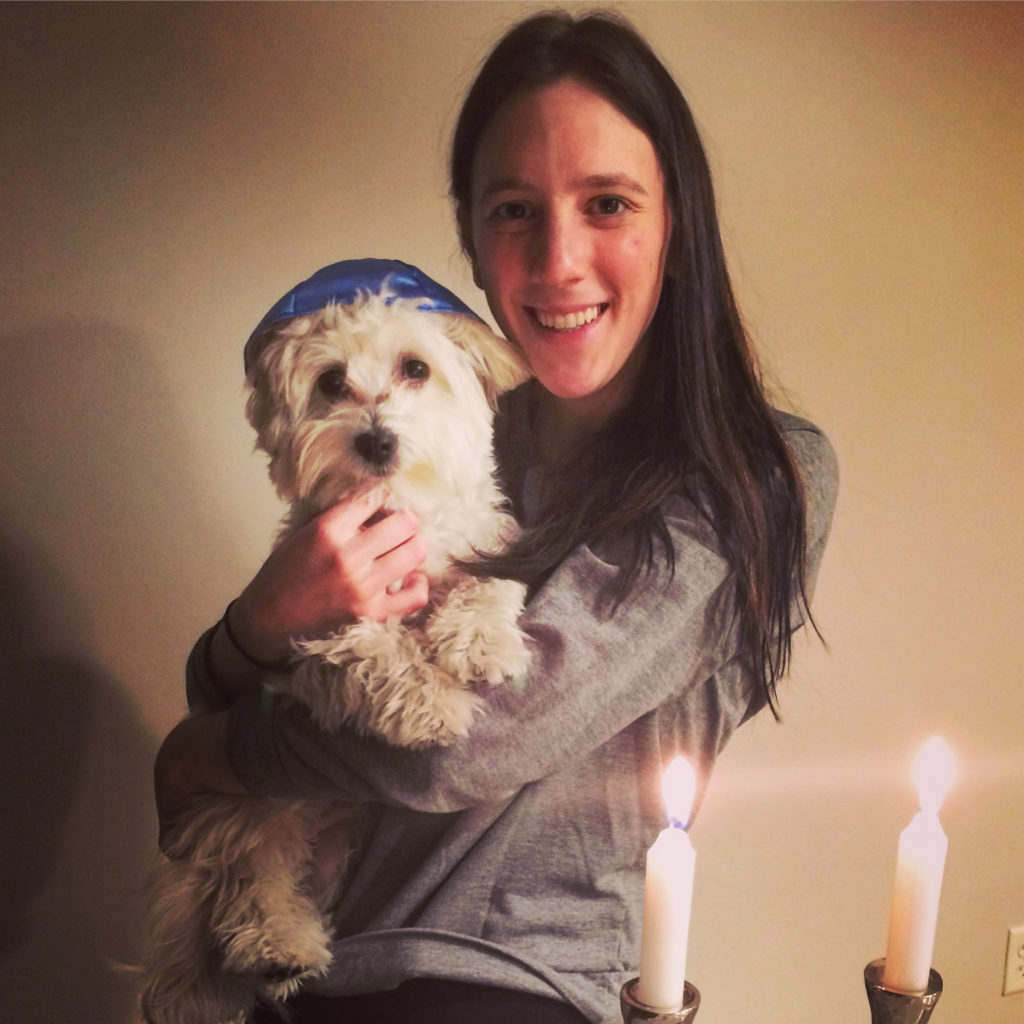
These sessions have only reinforced that our decision to give this marriage a go is the right one. I’m no expert in Jewish studies by any stretch, but in these crazy times, it’s been reassuring to read ancient teachings, get a little spiritual, talk about our future, and remember that people have always faced vexing problems and difficult decisions. The details are just different in our context.
What has been will be again, what has been done will be done again; there is nothing new under the sun. — Ecclesiastes 1:9
It’s just a matter of us doing it better.
One of Jamie’s hopes for the rabbi who’d officiate our wedding was that he or she would be somebody that we could confide in for our entire lives. Rabbi Basik has already offered to drop what he’s doing to play golf with me, so I think we’re good on my end.
With less than two months until W-Day, in our last two pre-wedding sessions, the three of us are going to discuss the details of the ceremony itself. I can’t wait.
The same goes for the rehearsal dinner, especially since that’s going to be at an Italian restaurant.
